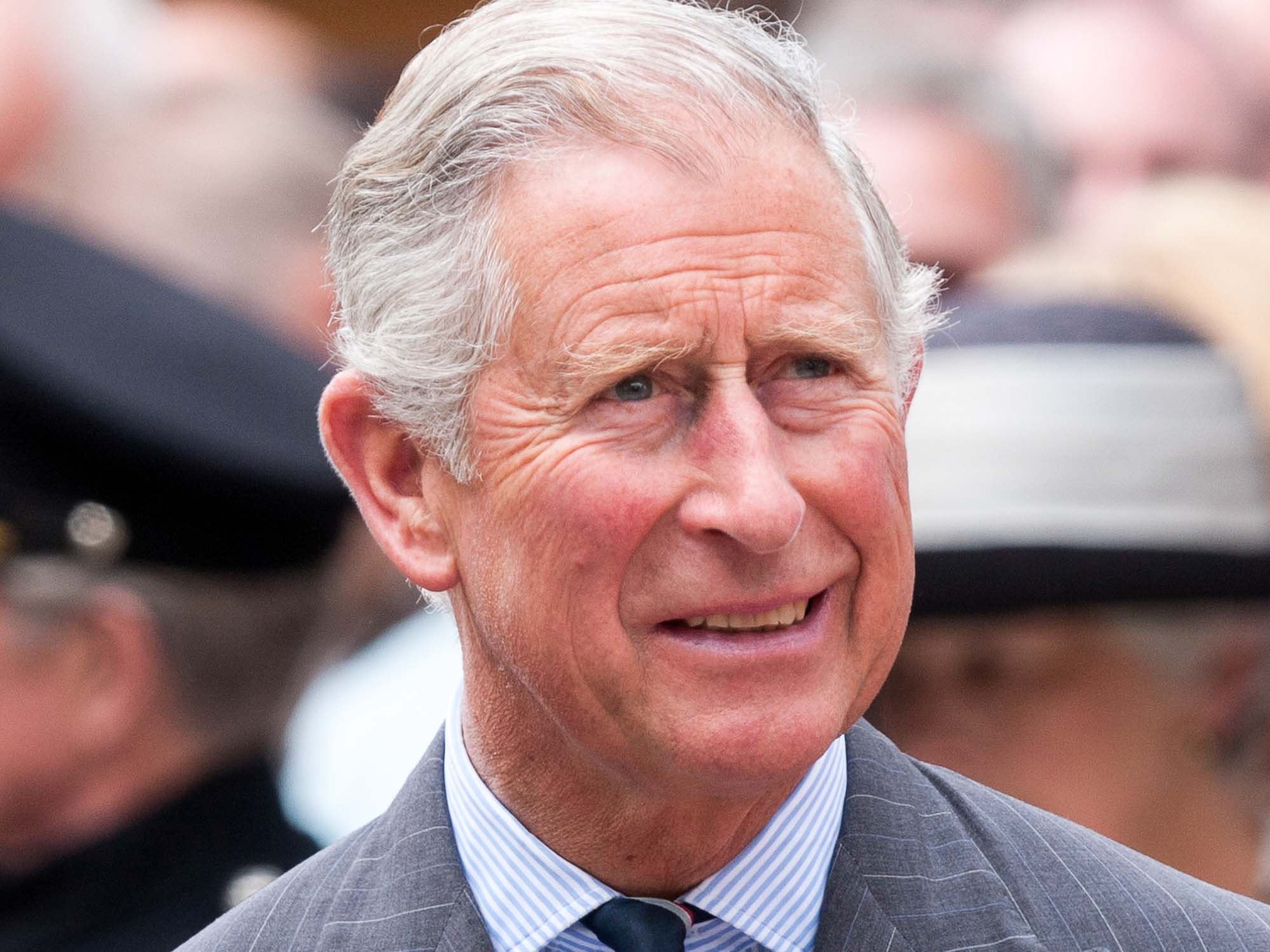Queen Elizabeth II was known for her restraint. She maintained a strict neutrality. This kind of royal hygiene meant that she attracted little criticism from the public or the press. In contrast, the new King Charles III ascended the throne after a lifetime speaking out. With his accession to the throne, the spotlight has turned on him and his opinions in favour of biodynamic agriculture, integrative medicine and homoeopathy.
In 2013, the reportage ‹The Farmer and His Prince›1 was released, in which filmmaker Bertram Verhaag visited Prince Charles’ farm, which is run by his farm manager David Wilson according to the principles of organic farming.
The Prince as Natural Philosopher
Through the interviews, the future king shared his worldview: «We have to realize that we ourselves are also a part of nature and do not exist separately from it. But many have grown up believing exactly that. Everything is looked at in a purely scientific and rational way, but we forget that we ourselves are part of the whole process. We are nature. Inwardly as well as outwardly.» His way of thinking, which seeks to grasp the spiritual connection between nature and the human being, has all the hallmarks of Anthroposophy. «The whole must be seen as a whole. The problem is that we have divided everything into separate compartments so that we can no longer see the unified picture.»
For him, it is not only a matter of reforming agricultural methods but also our way of thinking, our cognition, and our inner life: «The feeling for the sacred is missing. We have to find the sacred again. Because in the end that is the only way to avoid the destruction of this planet.» Besides applying this philosophy in his personal life and on his own land, he also champions a more global reform: «The perverse subsidy system around the world supports the wrong methods of food production. The conventional system produces side effects that are simply ignored and not included as costs […]. If you could also turn this subsidy system around so that organic or sustainable farming becomes cheaper, which is quite possible, especially for the consumer, then it could become more expensive to produce food that is harmful to the environment and health.» So there is definitely a political dimension to the future king’s remarks which could be held against him as representing the Crown, but it is not this point on which he is most attacked.
Enemy Number One
Over the last two decades, Prince Charles has been a clear supporter of complementary medicine and of homeopathy in particular. In 2019, for example, the old ‹London Faculty of Homoeopathy› announced the name of its new patron: Prince Charles. This brought him renewed criticism, especially from the Good Thinking Society, an organization close to the movement of the so-called ‹Skeptics›. But the prince has a very special enemy in this field: Edzard Ernst, the world’s leading representative of the anti-homeopathy movement. Edzard Ernst, a German doctor with British citizenship, was a professor of complementary medicine at the University of Exeter, where he conducted critical analyses of alternative therapies.
Edzard Ernst has never tired of criticizing Charles, so much so that in 2011 the newspaper ‘Die Zeit’ published a long article entitled ‘Edzard against Charles’. With the accession of his enemy number one to the throne, Edzard Ernst recently gave several interviews in which his quotes about the king express Ernst’s hostility very well: «What he cherry-picks is all quackery» (‹Der Spiegel›), or: «Charles has become the laughing stock of science» (‹Der Standard›). Ernst believes that the King is misleading the public by promoting alternative therapies. He accuses him of selling dubious herbal remedies with no scientific basis. This year he published the book ‹Charles, The Alternative Prince›.2 The former scientist seems to be obsessed with the King. A personal matter?
For an Extension of the Concept of Science
But as if all that were not enough, the King has not only spoken out in favor of organic farming and homeopathy – he has also publicly expressed his admiration for Rudolf Steiner and biodynamic agriculture. This happened in 2017 in a speech he gave via video conference at the opening of the conference of the Section for Agriculture at the Goetheanum: «Indeed, Rudolf Steiner was one of the first people in our time today to clearly recognize the interplay between agriculture, soil fertility and the health of plants, animals and human beings. It is truly remarkable that so many of the agricultural principles and practices that Steiner made clear in the Agriculture Course of 1924 are still extremely valuable today. If his visionary view and the advice he gave at the time had been widely recognized and put into practice, much of the damage that intensive agriculture has done to our planet over a long period of time […] might have been avoided.»
All this has today led to him being described by some newspapers as the «king of hostility to science and friend of charlatans» (‹L’Express›). Through his courageous statements, the King of the United Kingdom has thus antagonized the same groups of people who are also agitating against the anthroposophical movement. These are the ‹Skeptics› and those who, with them, view science only from a reductionist materialistic point of view. It is likely that, with his newfound status, King Charles III will show greater reserve in the future. He will therefore probably not be able to argue in public that conventional science can and must be extended by a holistic, sensitive, spiritual approach. This task is becoming increasingly urgent in the face of the growing political influence of militant movements that advocate a reductionist, materialistic, and dogmatic approach to science. A major work in progress to which the School of Spiritual Science at the Goetheanum could make a significant contribution in the coming years.
Picture Charles III has been King of the United Kingdom since 8 September. This photo is from 2012. Photo: Dan Marsh, CC BY-SA 2.0. Translation Christian von Arnim






I have in the past been impressed by Prince Charles’ courage to speak out about organic agriculture, the efficacy of homeopathy and his environmental concerns.
Lately, however, he seems to have become a spokesperson for the WEF/World Economic Forum and Klaus Schwab’s “Great Reset” plan for the world which behooves us to be very awake and discerning.
Indeed he now seems to promote the WEF agenda and one wonders why
Indeed,I am amazed like the two previous commentators that this article omits mentioning the fact that the then crown prince Charles together with buddy Klaus Schwab introduced the so-called Great Reset at a meeting of the WEF in Davos with the now known well-known mantra “You will own nothing and you will be happy.”
This is after all completely unacceptable to any freedom-loving person and if there is no retraction or correction of this favorable selective portrait by the author employed by the Gietheanum, one has to conclude that all is not well in the kingdom of Dornach!
Hi folks, thanks for your comments. This text does not pretend to be exhaustive. The author wanted to put forward the declarations of Charles III concerning the link between the human being and nature, as well as his declarations in favor of homeopathy and biodynamic agriculture. It is not about praising him or making a final judgment. If you have important information to share with us about his connection to the World Economic Forum, we are interested.
skeptics are like maggots that feed on dying and death but that which enhances and brings healthy and abundant life will prevail!